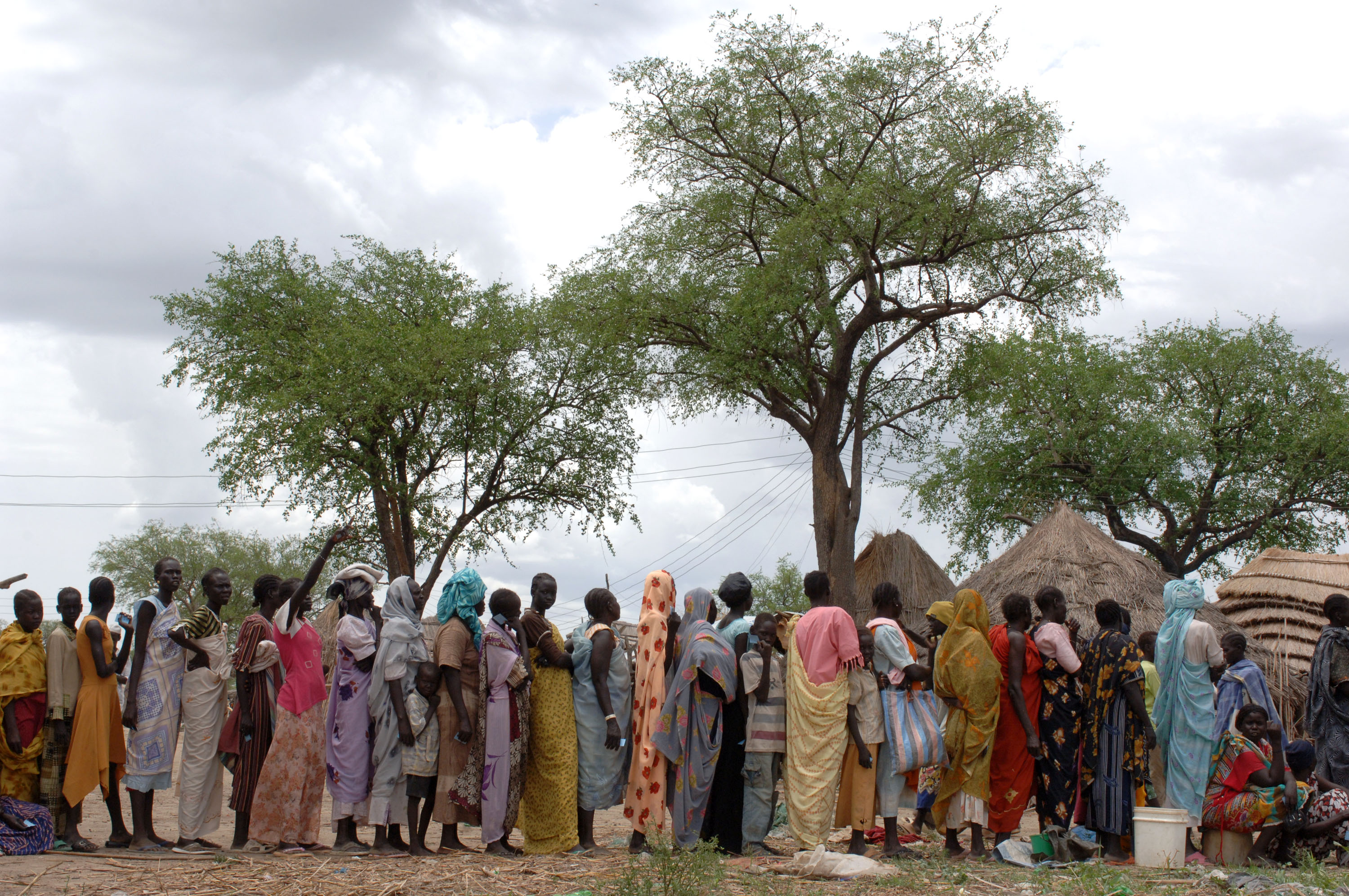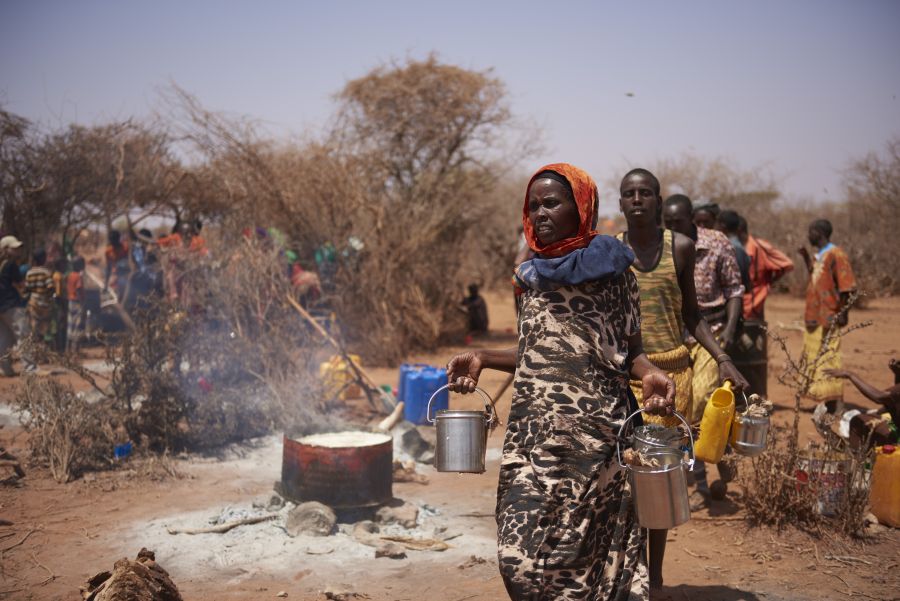Words have a power to comfort tortured minds and to rebuild bonds of trust, respect and empathy that are the very foundation of communities
At first glance, the scene could be something out of a new mums social group. Clusters of young women gathered together and chatting distractedly, children flitting between their legs, babies tugging at their clothing.

But this is no meet-and-greet at a social centre. This is a camp for people displaced by violence from the Boko Haram conflict in Maiduguri, Borno State, the epicentre of the insurgency. I’m about to attend a support session for women and girls who were held in captivity by Boko Haram and subjected to sexual violence. Some have spent years held against their will in the vast forests on the border between Nigeria and Cameroon. They have been subjected to servitude and violence. Many watched friends sent off to die by Boko Haram commanders in suicide bombings, even as they feared their own families might be victims of these attacks.
But life does not get easier when they escape or are rescued and find their way to displacememnt camps, host communities, or their villages. Their communities fear that they have been radicalised by Boko Haram. The stigma of being raped is so strong that husbands can no longer look wives in the eye, parents refuse to let daughters back in their household. For those that return bearing children, the rejection can be almost total. The children are said to have “bad blood”. Other children are told to stay away or they may be contaminated.
The organisation I work for, International Alert, runs a programme that has been working towards reducing this stigma and promoting reintegration for two years now. Our primary tool is dialogue and our first port of call is the women and girls who have survived this violence.
In small groups with women and girls of similar age, they talk about their experiences. Stories about the horrors seen and lived. The thrill of escape and the despair of rejection upon returning to their communities. The grief of learning about family members killed during their captivity, husbands who had taken on new wives, friends and neighbours disappeared without a trace. They talk about their recurring nightmares, their inability to eat, sleep or find joy in everyday tasks. The guilt of resenting their children for having Boko Haram fathers. Their hopes that they could one day return home and lead a semblance of a normal life. They talk about love and relationships and death and violence, feelings of vengeance, regret, hatred, forgiveness.
The emotional intensity of these sessions is overwhelming.
It is four years since 276 schoolgirls were abducted from Chibok in Borno State by Boko Haram and 112 are still held captive or missing. In February 2018, 110 girls were kidnapped from a school in Dapchi in neighbouring Yobe State. A stark reminder that women and children continue to bear the brunt of this brutal insurgency. But what happens to them after the violence?
Lost amid the celebrations of their return is the story of what happens to these girls when the media fervour and government attention dies down. How do they come to terms with what they have seen and lived?
Dialogue will not fill an empty stomach. But words have a power to comfort tortured minds and to rebuild bonds of trust, respect and empathy that are the very foundation of communities.
Cindy Chungong is International Alert’s Country Manager in Nigeria, where she oversees Alert’s programmatic, financial and operational activities in the country. Prior to joining Alert, she worked for several years in the peacebuilding sector in west and central Africa, the Sahel and in the Democratic Republic of Congo.

